10 Best Adventures of 1981
By:
December 11, 2016
Thirty-five years ago, the following 10 adventures — selected from my Best Seventies Adventure list — were first serialized or published in book form. They’re my favorite adventures published that year.
Please let me know if I’ve missed any 1981 adventures that you particularly admire. Enjoy!
- Patrick O’Brian’s nautical/historical adventure The Ionian Mission. In O’Brian’s eighth Aubrey–Maturin adventure, Jack Aubrey is now a senior captain commanding a second-rate ship of the line. Hounded by creditors, he cannot refuse when he’s sent on a routine, boring mission: to join the Royal Navy’s blockade of Toulon. His friend, ship’s surgeon Stephen Maturin, a British intelligence agent, is also needed in the Mediterranean. As part of England’e effort to counteract French influence in the East, Aubrey and Maturin embark a hazardous mission to the Greek Islands. A night incursion into enemy territory; a three-way political battle for control of the (fictional) Ionian port of Kutali; a battle at sea between Turkish frigates and Aubrey’s out-gunned ship; and a bloodthirsty pirate, Mustapha, make this one a winner. Fun fact: “Although (they) were almost as unlike as men could be, unlike in nationality, religion, education, size, shape, profession, habit of mind, they were united in a deep love for music, and many and many an evening had they played together, violin answering cello or both singing together far into the night.”
- Philip K. Dick’s apophenic science fiction adventure VALIS. Our narrator, Phil, a brilliant, self-reflexive sci-fi author who may be crazy, explores his own ideas… as well as those of the book’s protagonist, Horselover Fat, a brilliant, self-reflexive sci-fi author who may be crazy. Fat, it seems, has received a beam of pure reason from “God” — perhaps an alien satellite orbiting Earth — which has allowed him to see that 1970s California is an illusion; actually, we’re all slaves blindly toiling in a Black Iron Prison. So… the ancient Gnostics were right! (Right?) The true nature of the universe is a Vast Active Living Intelligence System. Superhumans living anonymously among us use pop culture to stay in touch with one another; the pulp novels of Philip K. Dick may be on to something; the writings of Heraclitus, Schopenhauer, Freud and Jung must now be recontextualized. (Right?) Fat sets off, with a few friends, to find answers: about God, suffering, art, the mind, the secret history of humankind, and — naturally — about David Bowie, particularly his 1976 movie The Man Who Fell to Earth. Fun fact: VALIS is the first installment in a never-completed trilogy of novels fictionalizing the philosophical explorations Dick made into this experience via a rambling treatise, The Exegesis. It isn’t necessary, in order to enjoy VALIS, to know this, but: in 1974 Dick experienced a series of hallucinations which presented themselves as encounters with a gnostic version of the divine.
- J.G. Ballard‘s science fiction adventure Hello America. The plot of Hello America follows a European expedition (in the year 2114) to a North America rendered uninhabitable, some generations earlier, by peak oil and climate change — ostensibly in hopes of discovering the cause of increased radioactive fallout in England. In fact, the expedition’s members, who hail from an efficient but drab socialist utopia, are driven by nostalgia for what America used to mean. Setting off from the deserted skyscrapers of Manhattan, they trek across a vast desert landscape on what we’d now call a “ruin porn” tour — of abandoned hotels, theme parks, shopping centers — en route to the Las Vegas jungle. (What happened? Faced with ecological crisis, in the 1990s, it seems that President Jerry Brown wasted time and resources on escapist cultural projects.) Though the expedition is a failure, we do learn that the insanity of American culture c. 1981 has an important global role to play. Fun fact: Ballard has described Hello America as, in part, a tribute to Bernard Wolfe’s Limbo.
- Eric Ambler’s espionage adventure The Care of Time. When Karliss Zander, a notorious international fixer for terrorists, mails a defused bomb to Robert Halliday, freelance writer, former TV host, and ex-CIA op, it comes with a job offer. Zander wants Halliday to help him edit the memoirs of a 19th-century Russian terrorist (Sergey Nechayev, whom we associate with “the propaganda of the deed” notion) and ghostwrite an exposé of modern terrorist governments. What Zander actually wants, however, is for Halliday to pose as a TV host interviewing an Arab prince known as “the Ruler”… who has ulterior motives regarding biochemical warfare… as part of NATO’s secret negotiations with that country to build a military base in the Gulf… so that NATO will provide asylum to Zander and his beautiful daughter… who are being threatened by a Middle Eastern terrorist group. (Hello, Chuck Barris’s Lying to Tell the Truth.) Later, the Arab prince and his gunmen will do whatever it takes to retrieve Halliday’s interview tapes! Fun fact: Ambler’s novels from the 1930s through the 1960s are his best work, but this is one of his strongest late novels. PS: Sergey Nechayev was the inspiration for Dostoevsky’s The Possessed.
- Michael de Larrabeiti’s sardonic YA fantasy adventure The Borribles Go for Broke. The second book in the sardonic, violent, amazing Borribles trilogy picks up where the first book left off. The Borrible team — who were recruited from competing gangs, and assigned the mission of assassinating the Rumble High Command — returns to Rumbledom only to find themselves pursued by a Borrible-hunting branch of the London police: the Special Borrible Group. Meanwhile, our antiheroic teenage mutants must rescue Sam the horse… and deal with apparent treachery from Spiff, the legendary (and apparently immortal) Battersea Borribles leader who sent them to Rumbledom in the first place. We meet a new Borrible, Twilight, as well as Old Ben, an honorary Borrible who lives in a garbage dump and collects information. The police inspector and SBG police sergeant are also terrific characters. The action leads the Borrible team beneath the streets of Wandsworth, into a sketchy mud tunnel dug beneath the Wendle River. Fun fact: Cory Doctorow says, “De Larrabeiti’s books are a magnificent love-poem to the city of London, as well as a celebration of all that is anarchic and anti-authoritarian about childhood.”
- Paul Theroux’s sardonic Robinsonade The Mosquito Coast. Allie Fox is a talented tinkerer and Harvard dropout who has worked out a means of using methane to refrigerate food — i.e., without electricity. Despairing of American civilization, Fox relocates his family to a Honduras jungle. There, he hopes to found a utopian colony — and to improve the lives of the local Indian tribes thanks to his refrigeration methods. His wife is passive and uncomplaining; his children, however, soon begin to realize that their father is a manic, paranoid kook. Although Fox does bring some modern conveniences — pumps, flushable toilets, hybrid vegetables — to their new community, his enormous ammonia icebox endangers the natives’ lives. When his family wants to return to America, Fox tells them that it has been devastated by nuclear war. How will this adventure end? Fun fact: Adapted by Peter Weir as a movie, starring Harrison Ford and River Phoenix, in 1986.
- Martin Amis’s metafictional adventure Other People. Waking in a hospital, a beautiful young woman has no memory of who she is – and no idea how to make sense of anything around her. Taking the name Mary, she becomes homeless; she is a guileless child, amazed and terrified by aspects of everyday London that other people take for granted. A policeman, named Prince, appears to recognize her — he sends her a newspaper clipping which suggests that her real name is Amy, and that she was into some dark stuff. Mary continues to try and survive — though the men she meets invariably want just one thing from her. (Sartre’s “Hell is other people” is literally true, for Mary.) She also learns, from Prince, that Amy had asked someone to kill her — and that it was the failed killing that caused her amnesia. Will the killer reappear? Is he waiting for Mary to become Amy again, before finally honoring Amy’s request? Fun fact: The first novel of Amis’s after he committed to being a full-time writer; and the first of his novels in which the author intervenes in the narrative voice.
- John Crowley’s gnostic adventure Little, Big. Though often described as a fantasy novel — it won the World Fantasy Award in 1982 — Little, Big is a sprawling family saga reminiscent of Dickens or Flaubert. Smoky Barnable travels by foot from the City (New York?) to a place called Edgewood, not found on any map, to marry Daily Alice Drinkwater, and to live with her family in a house that may or may not teeter on the magical border of an otherworld. It’s a realistic domestic epic — we learn about four generations of the Drinkwaters — that begins at the turn of the twentieth century and ends in a future America ruled by a Trump-like despot. The Drinkwaters believe that they are each part of a grand supernatural Tale; and that their fates are intertwined with that of the occluded world of faerie. A slow-paced, intricate, enchanting yarn best read in a hammock, IMHO. Fun fact: According to Harold Bloom: “A neglected masterpiece. The closest achievement we have to the Alice stories of Lewis Carroll.”
- Alasdair Gray’s meta-fictional adventure Lanark. A four-part epic, told out of order, combining realistic and surrealistic depictions of Unthank, a Glasgow-like city. A young man with amnesia wakes up on a train to Unthank, a city whose residents develop diseases as external manifestations of emotional repression; he names himself Lanark. Having developed a disease of his own, Lanark winds up in a medical institute where he’ll either be cured… or used for power and food. Some generations earlier, a young man named Duncan Thaw — whom the author describes as a version of himself — grows up in prewar Glasgow, where he eventually attends art school — but struggles with emotional issues of his own. The consequences of an inability to form healthy relationships is the theme that combines the two parts of the novel. Meanwhile, Lanark tries but fails to prevent Unthank’s disintegration… and finally meets his author. Fun fact: In his list of the 99 greatest novels written in English since 1945, Anthony Burgess called Lanark the “shattering work of fiction in the modern idiom” that Scotland needed; and he proclaimed Gray “the best Scottish novelist since Walter Scott.”
- J-P Manchette‘s crime adventure The Prone Gunman. Martin Terrier has spent the past ten years seeking his fortune; now, he intends to abandon his profession, return to his native city, and marry his childhood sweetheart. However, because he’s an assassin for hire — the book opens with a brutal double killing — it’s not so easy to quit. The organization for whom he works — whether it’s the KGB, the CIA, an international terrorist group, or the Mafia, we never learn, nor is it clear that Terrier knows — lures him back with a lucrative contract on a high-profile political figure. When he refuses, they brutally force him to comply. Terrier loses everything — the money he’s saved, the woman he loves, even his marksmanship. Whats the purpose of all these killings? How does Terrier feel about his work? We never find out. The graphic violence is presented with a minimum of commentary or explanation; the tone is ironic. In the end, there is no sentimental resolution, no last-minute revelation; no hugging, no learning. Fun fact: Jacques Tardi’s graphic novel adaptation of The Prone Gunman is great; check out Fantagraphics Books’ 2011 English-language edition. The Gunman, a loose film adaptation of The Prone Gunman, starring Sean Penn, was released in 2015.
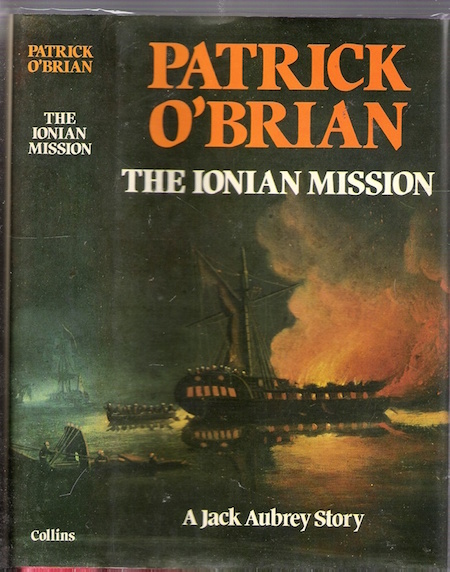
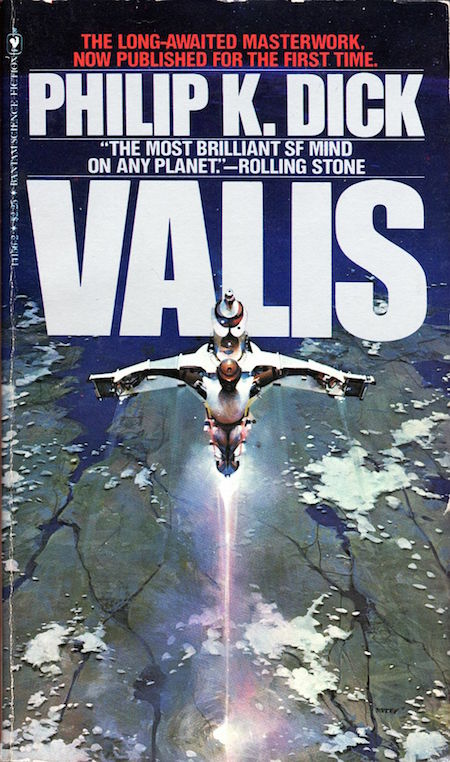


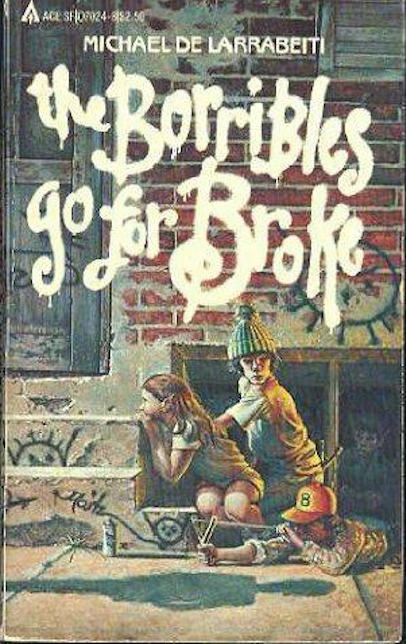

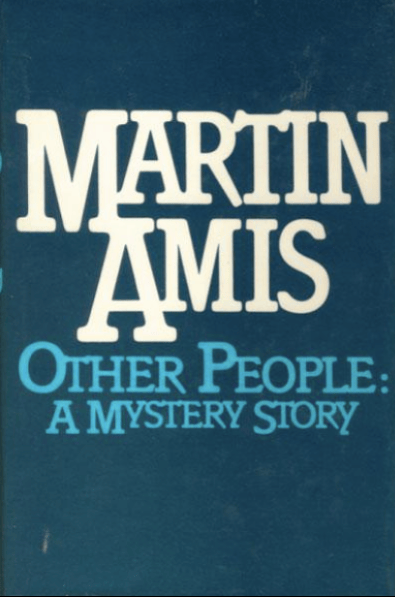
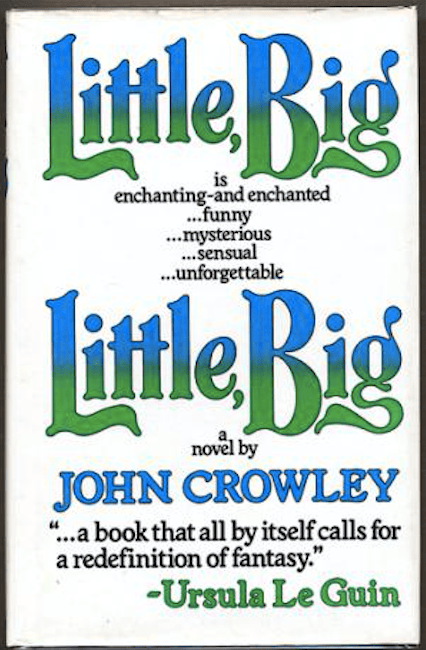

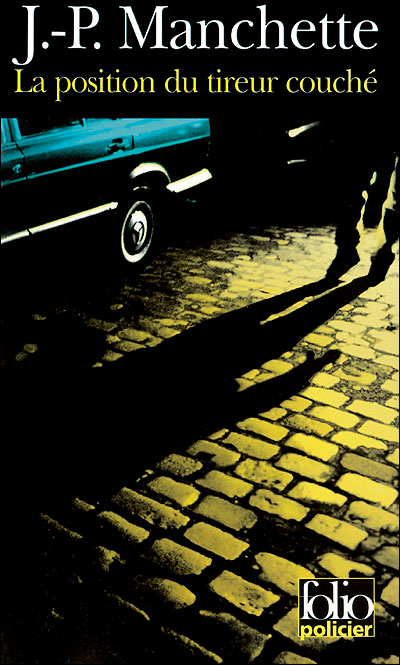
JOSH GLENN’S *BEST ADVENTURES* LISTS: BEST 250 ADVENTURES OF THE 20TH CENTURY | 100 BEST OUGHTS ADVENTURES | 100 BEST RADIUM AGE (PROTO-)SCI-FI ADVENTURES | 100 BEST TEENS ADVENTURES | 100 BEST TWENTIES ADVENTURES | 100 BEST THIRTIES ADVENTURES | 75 BEST GOLDEN AGE SCI-FI ADVENTURES | 100 BEST FORTIES ADVENTURES | 100 BEST FIFTIES ADVENTURES | 100 BEST SIXTIES ADVENTURES | 75 BEST NEW WAVE SCI FI ADVENTURES | 100 BEST SEVENTIES ADVENTURES | 100 BEST EIGHTIES ADVENTURES | 75 BEST DIAMOND AGE SCI-FI ADVENTURES | 100 BEST NINETIES ADVENTURES (in progress) | 1994 | 1995 | 1996 | 1997 | 1998 | 1999 | 2000 | 2001 | 2002 | 2003 | NOTES ON 21st-CENTURY ADVENTURES.
